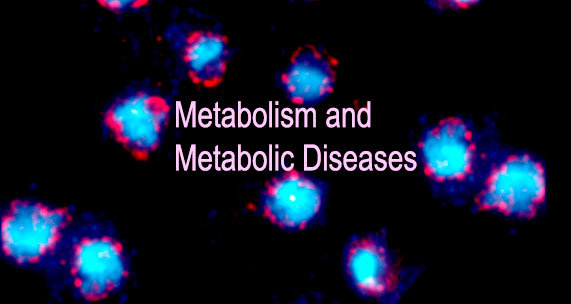Metabolic diseases in Iran fivefold of global average

TEHRAN – One out of 1,000 kids in Iran is affected by metabolic disorders, whereas the figure is on average one in every 5,000 children in the world, the secretary of the 5th national conference on genetic counseling and its role in prevention of disabilities reported on Thursday.
According to IRNA, Shahla Farshidi has said that the number of affected children in Iran is five times more than that worldwide, calling consanguinity marriage - marriage of the same blood - the main reason behind rise of metabolic disease in Iran.
Compared to the Western and European countries, Iran is impacted more by the disease, whereas the situation seems worse in Arab states where tribal, consanguineous marriages, blood related marriages are even more common, Farshidi explained.
Pointing to over 500 metabolic diseases, Farshidi added all types of the disorders have been detected in Iran.
Among the signs of the disease, Farshidi named mental retardation and severe immovability in children. She has strongly recommended parents to take their children to specialists upon noticing these symptoms in them.
Today, advanced technology has come to human aid, she said.
“New screening tests at birth have come handy to detect the inherited metabolic diseases which are treatable if they are diagnosed correctly in time.”
The 5th national conference on genetic counseling and its role in prevention of disabilities is due to open on August 10 for two days at Razi conference center with the cooperation of cellular and molecular research centers from universities of medical sciences across Iran and Razi welfare and rehabilitation sciences.
The main topics of the conference are latest findings in genetics, and common genetic diseases including blood and metabolic disorders, autism, infertility and recurrent miscarriage.
Inherited metabolic disorders are genetic conditions that result in metabolism problems. Most people with inherited metabolic disorders have a defective gene that results in an enzyme deficiency.
MG/MG
Leave a Comment